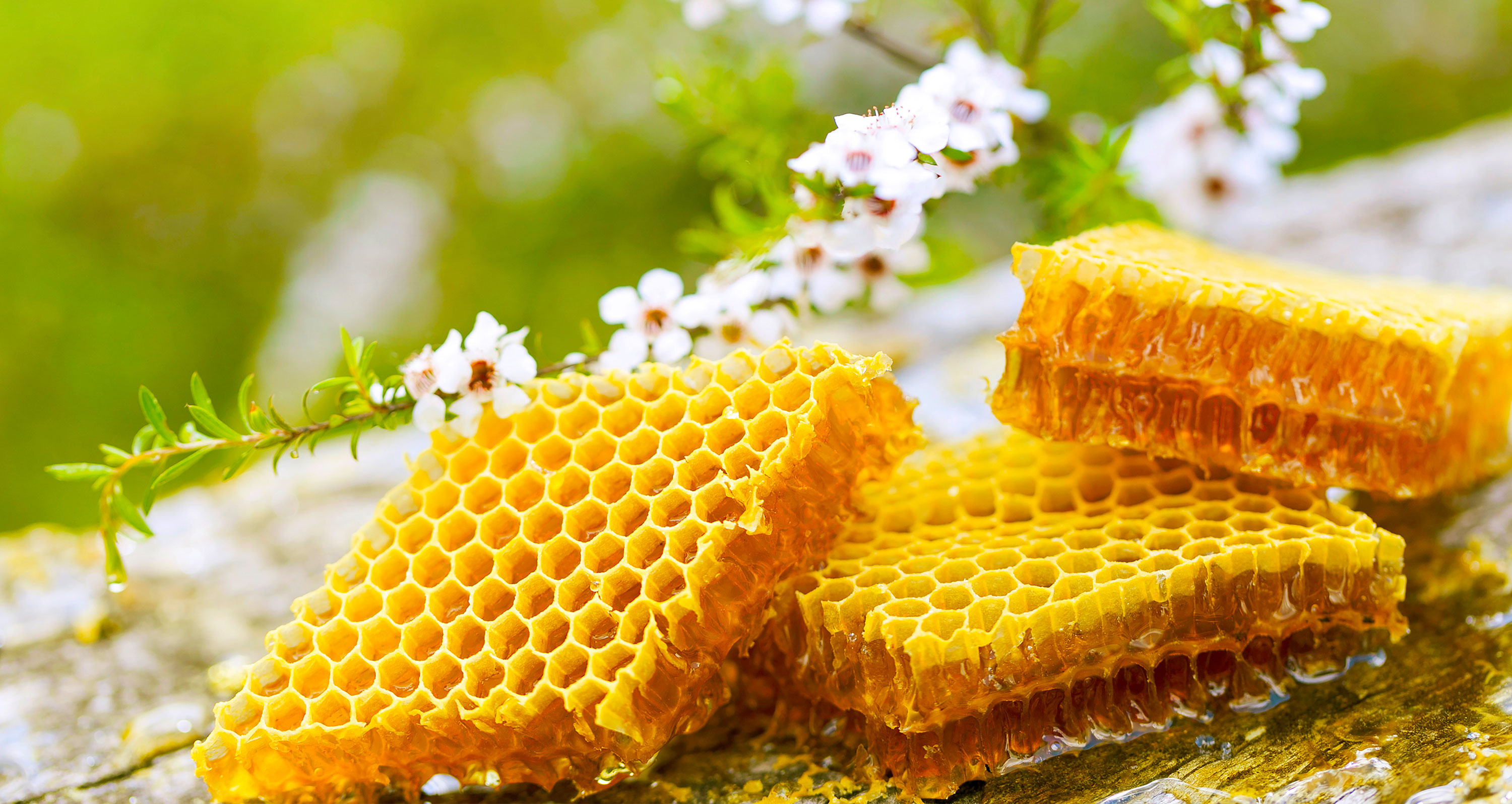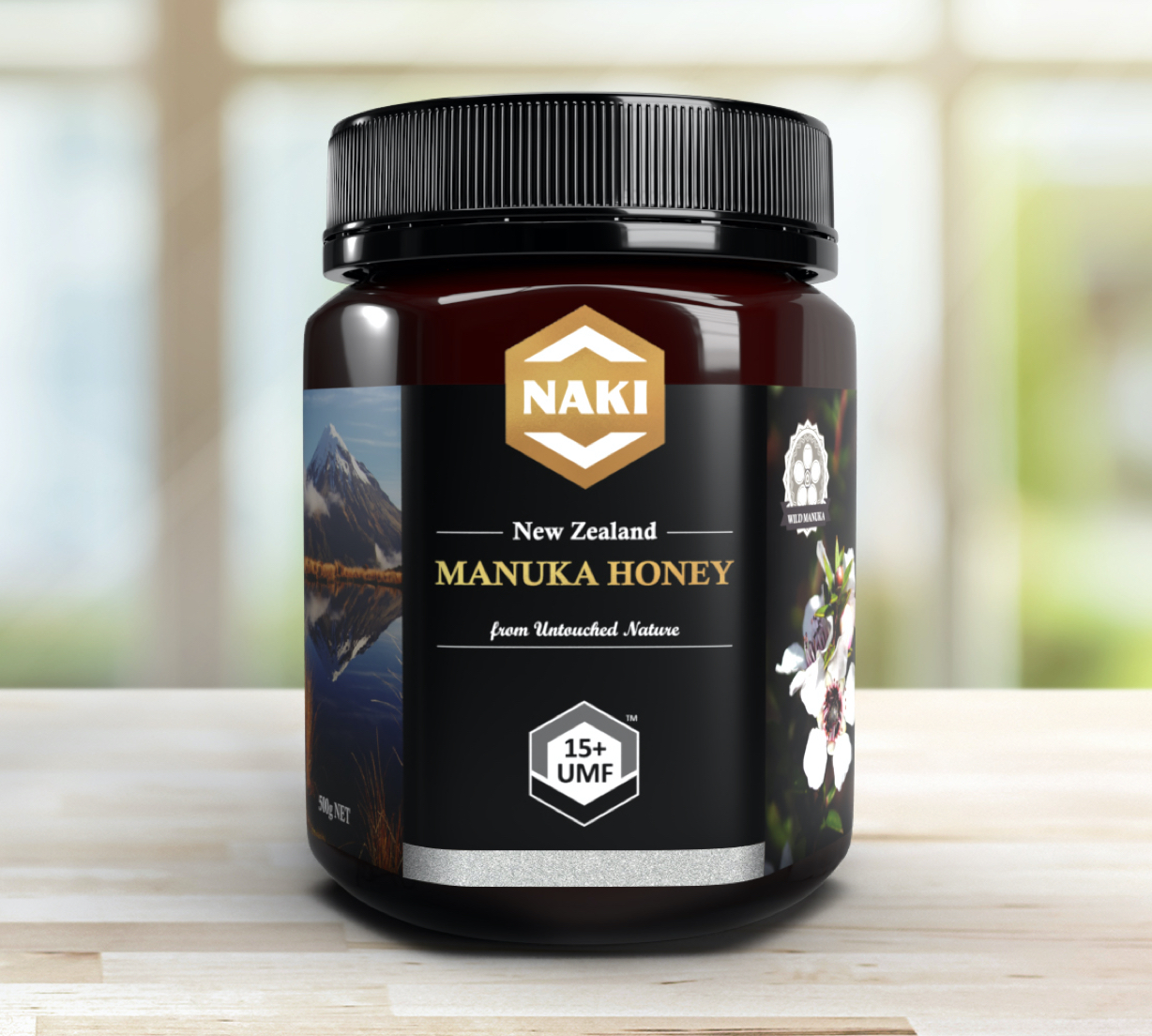Pure Delights And Benefits Of Honey From New Zealand
Renowned for its pristine landscapes, New Zealand is home to one of nature's most exquisite treasures—honey. Honey from New Zealand is revered worldwide for its unparalleled quality, rich flavor profiles, and exceptional health benefits. Produced in a country celebrated for its biodiversity and environmental purity, this honey has become a global sensation among connoisseurs, wellness enthusiasts, and culinary experts alike.
What sets honey from New Zealand apart is the extraordinary craftsmanship involved in its production. From the famed Manuka honey, celebrated for its medicinal properties, to the creamy, floral notes of Clover and Kamahi honey, each variety carries a story of nature's alchemy. Beekeepers across the country work tirelessly to ensure sustainable practices, preserving the delicate balance between agriculture and environmental conservation.
Whether you're seeking a natural remedy, a delectable addition to your meals, or a sustainable product that aligns with eco-conscious values, honey from New Zealand offers all that and more. In this article, we'll delve deep into the world of New Zealand honey, exploring its origins, health benefits, culinary uses, and sustainability practices. Stick around to uncover why this liquid gold has captured the hearts of millions across the globe.
Table of Contents
- What Makes Honey from New Zealand Unique?
- History of Honey Production in New Zealand
- What Is Manuka Honey?
- Health Benefits of Honey from New Zealand
- Culinary Uses of Honey in New Zealand
- Sustainability in New Zealand Honey Production
- How Is Honey from New Zealand Harvested?
- Types of Honey Produced in New Zealand
- Why Is Manuka Honey So Expensive?
- Is Honey from New Zealand Healthier Than Other Honey?
- How to Choose Authentic New Zealand Honey?
- Frequently Asked Questions
- Conclusion
What Makes Honey from New Zealand Unique?
New Zealand honey stands out due to its purity, diverse floral sources, and the meticulous care with which it is produced. The country's unspoiled environment and stringent quality controls ensure that every jar of honey meets the highest standards. The uniqueness of New Zealand honey lies in its diverse ecosystems, which provide a range of nectar sources, from Manuka bushes to wildflowers and native trees.
Why does the environment matter?
The lush, untouched landscapes of New Zealand play a pivotal role in the quality of its honey. The absence of industrial pollution and the careful stewardship of the land contribute to its unmatched purity. Bees in New Zealand forage in pristine, pesticide-free areas, ensuring that the honey they produce is free from contaminants.
What role does biodiversity play?
New Zealand's incredible biodiversity allows for a wide variety of honey types, each with unique flavors and health benefits. The native flora, such as Manuka, Kamahi, and Pohutukawa, offers nectar that is rich in nutrients and antioxidants. This diversity not only makes the honey delicious but also provides unique medicinal properties.
- Table Mountain Casino Resort
- Splash Factory
- Pottery Barn Ghost Pillow
- Kimber Arms
- Miami Dade Correctional
Key Features of New Zealand Honey
- High purity due to minimal processing.
- Rich in antioxidants and antibacterial compounds.
- Varied flavor profiles, from earthy and robust to light and floral.
- Produced under sustainable and ethical practices.
History of Honey Production in New Zealand
The history of honey production in New Zealand dates back to the early 19th century when European settlers introduced honeybees to the region. Before this, the indigenous Maori people relied on native nectar sources but did not practice apiculture. The introduction of honeybees revolutionized the agricultural landscape and paved the way for the thriving honey industry we see today.
How did Manuka honey gain popularity?
Manuka honey rose to fame in the 1980s when researchers discovered its unique antibacterial properties. This discovery catapulted New Zealand honey into the global spotlight, making it one of the most sought-after natural products in the world. Today, Manuka honey is a cornerstone of the country's honey industry, contributing significantly to its economy.
What innovations have shaped the industry?
Over the years, the honey industry in New Zealand has embraced technological advancements to enhance production quality and efficiency. From modern beekeeping equipment to sophisticated testing laboratories that verify honey purity, innovation has been a driving force behind the industry's success.
What Is Manuka Honey?
Manuka honey is a premium variety of honey that is exclusively produced in New Zealand from the nectar of the Manuka bush (Leptospermum scoparium). Known for its unique medicinal properties, Manuka honey is rich in methylglyoxal (MGO), a compound responsible for its potent antibacterial activity.
What makes Manuka honey special?
- Contains high levels of MGO, which provides antibacterial and anti-inflammatory benefits.
- Used in wound care, skincare, and as a dietary supplement.
- Certified by UMF (Unique Manuka Factor) grading system to ensure authenticity and quality.
How is it graded?
The UMF grading system measures the concentration of beneficial compounds in Manuka honey, including MGO, leptosperin, and DHA. A higher UMF rating indicates greater potency and efficacy, making it suitable for medicinal use.
Health Benefits of Honey from New Zealand
Honey from New Zealand offers a plethora of health benefits, thanks to its nutrient-rich composition and unique bioactive compounds. Whether it's boosting immunity, improving digestion, or promoting skin health, New Zealand honey has become a trusted natural remedy for many.
What are its medicinal uses?
Honey from New Zealand, particularly Manuka honey, is renowned for its antibacterial properties. It is used in treating wounds, soothing sore throats, and alleviating digestive issues. Additionally, its antioxidant content helps combat oxidative stress, reducing inflammation and supporting overall wellness.
Can it boost immunity?
Regular consumption of New Zealand honey can enhance your immune system by providing essential vitamins, minerals, and antioxidants. Its natural enzymes also promote gut health, which is closely linked to immune function.
Key Health Benefits
- Antibacterial and antimicrobial properties.
- Rich in antioxidants that fight free radicals.
- Supports digestive health and relieves acid reflux.
- Helps in wound healing and skin repair.
- Boosts energy levels and reduces fatigue.
Culinary Uses of Honey in New Zealand
New Zealand honey is a versatile ingredient that enhances the flavor and nutritional value of various dishes. From drizzling over pancakes to sweetening herbal teas, its applications in the kitchen are endless.
How is it used in traditional recipes?
In New Zealand, honey is often used in traditional Maori dishes and contemporary recipes. It serves as a natural sweetener, a glaze for roasted meats, and even as an ingredient in craft beers and wines.
Why is it a healthier alternative?
Unlike refined sugar, honey from New Zealand retains its natural enzymes, vitamins, and minerals. This makes it a healthier alternative for sweetening beverages, desserts, and savory dishes.
Sustainability in New Zealand Honey Production
New Zealand's honey industry is committed to sustainable practices that protect the environment and ensure the well-being of bees. Beekeepers follow ethical guidelines, focusing on biodiversity conservation and responsible land management.
How do these practices benefit the environment?
- Preservation of native flora and fauna.
- Reduction in pesticide use.
- Promotion of eco-friendly packaging solutions.
What initiatives support sustainability?
Several organizations in New Zealand work to promote sustainable honey production. These include certifications for organic honey and partnerships between beekeepers and environmental groups to safeguard pollinator habitats.
Frequently Asked Questions
1. What is the difference between Manuka honey and regular honey?
Manuka honey is rich in MGO, giving it unique antibacterial properties, whereas regular honey lacks this compound.
2. How can I verify the authenticity of Manuka honey?
Look for the UMF certification on the label, which guarantees its purity and quality.
3. Is New Zealand honey suitable for children?
Honey should not be given to children under 12 months old, but it is safe and nutritious for older kids.
4. Can honey from New Zealand help with allergies?
Local honey may help alleviate seasonal allergies by exposing the body to small amounts of pollen.
5. Does honey expire?
Properly stored honey has an indefinite shelf life due to its natural antibacterial properties.
6. Where can I buy authentic New Zealand honey?
You can purchase it from reputable online retailers, specialty stores, or directly from New Zealand-based beekeepers.
Conclusion
In essence, honey from New Zealand is more than just a sweet treat—it's a symbol of the country's natural bounty and commitment to quality. From its exceptional health benefits to its diverse culinary applications, this honey continues to captivate the world. By choosing New Zealand honey, you're not only indulging in a premium product but also supporting sustainable practices and environmental conservation. Truly, it’s a golden gift from nature that deserves a place in every home.
- Healthy Fit
- Lyft Discount Codes
- Nixon Trucking School Self Schedule
- Austin 313 Pizza
- Moo And Brew Menu

New Zealand honey in Australia NZTE

New Zealand Mānuka Honey SingleSource Mānuka Naki Honey New